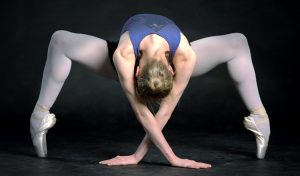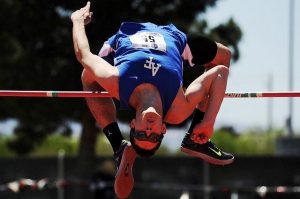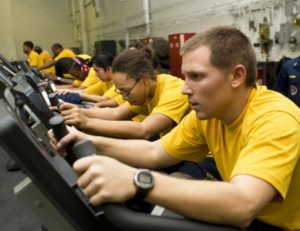Although treadmill has many vital benefits, at the same time it has some side effects of treadmill walking and challenges we need to be aware of when running on a treadmill. The cushioned surface of the treadmill can still press too much of an incongruous impact on the back or stress the hip, knee, and ankle joints. The more sophisticated treadmills can take up a large space and usually, you do not fold them. Treadmills, in general, need professional maintenance experience too. In addition, treadmills may not involve as many muscles as running on a flat surface.
Side Effects of Treadmill Walking
So what are those side effects of treadmill walking that can cause even harm in spite of getting fitness? If we remain aware of those we will be able to enjoy the highest benefits of treadmill walking. Here we will discuss the intense 5 side effects that demand your attention in real. So let’s dig deeper into those side effects of walking on a treadmill.
Treadmill Alternative
Last update on 2025-01-20 / Ads
Cardiovascular Side Effect
Treadmills can be dangerous for those who suffer from health problems. If you have a history of cardiovascular problems, consult with your doctor before using the treadmill.
Walking on a treadmill for an athlete can develop a bad running habit that becomes apparent when they return to outside running. Specifically, a short, upright, bouncy step may result from having no wind resistance and trying to avoid kicking the motor covering with the front of the foot.
A treadmill’s strict pace on runners that giving an unnatural feeling to walking which can cause an imbalance for the runner. Treadmill walking is not directly related to any sport, that is, there is no competitive sport that uses treadmill running. As a result, the athlete can lose confidence.
Other Factors to Keep in Mind
First of all, treadmills do not take part in as many muscles as running outdoors. When you run outdoors, your hamstrings are highly functional, removing you at the end of every step. On the other hand, on the treadmill, your hamstrings are not much active. Many users even experience running on a treadmill less engaging than running outdoors.
Then, walking on treadmills are not as effective as you expect in some cases for increasing bone density. Treadmills absorb a lot of energy as you run, helping to prevent knee injuries. However, the soft surface makes the treadmills less effective at increasing bone density than running outside the hard surfaces.
Thirdly, treadmills can change the running style. Some studies have also shown that running on the treadmill can interfere with the natural race. While this will not be a problem for most users, it can create problems for competitive athletes.
Finally, treadmills might cause personal injury if you do not use it properly. Precisely, children who reach the treadmill belt while running and have severe friction burns that may require multiple skin grafts and cause permanent disability. Injury to children can be avoided by removing the safety key when the treadmill is not in use, without which, the treadmill belt will not start working.
Larger and stable treadmills are essential for athletes to keep them fit all the time. Sprinters reach with some weight relief temporarily speeds of up to the highest 45 km. Therefore, run on a large deck of up to 300 cm in length and have up to 100 cm in width. At high physical workout and increased risk of falling, a fall stop unit is required to prevent fall side effects of treadmill walking. In fact, the fall stop device is usually implemented by a safety arch on which a rope is attached to an electrical switch.






